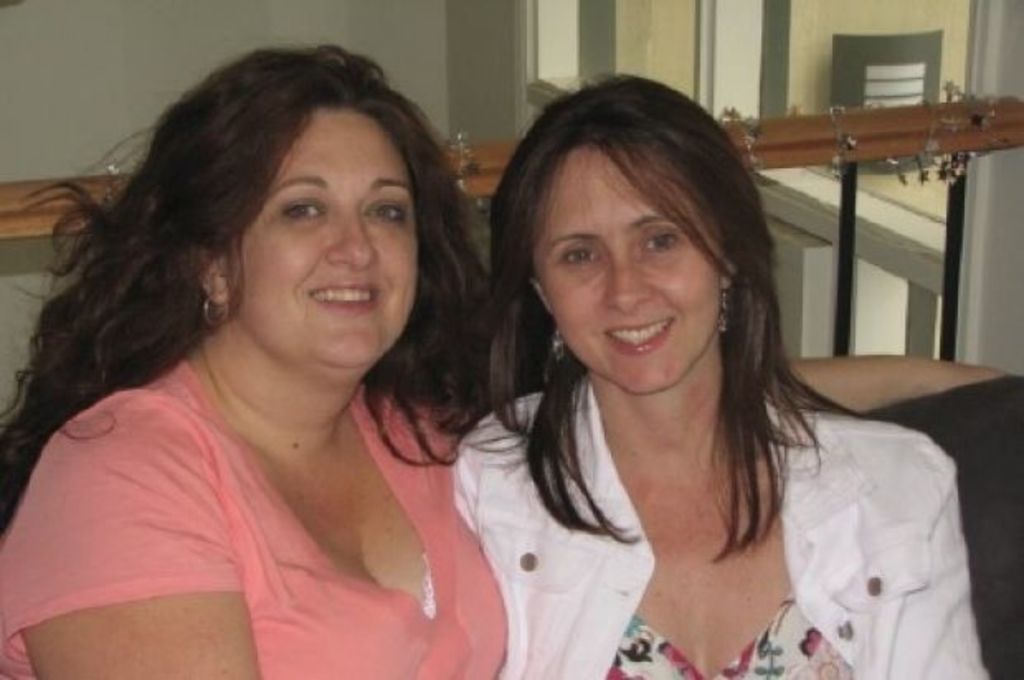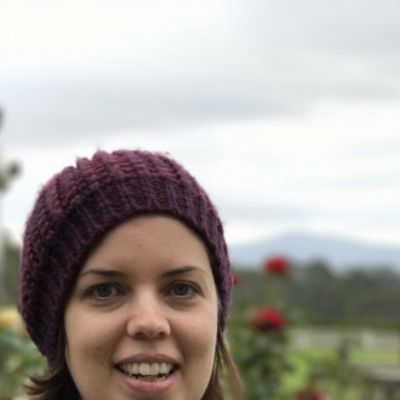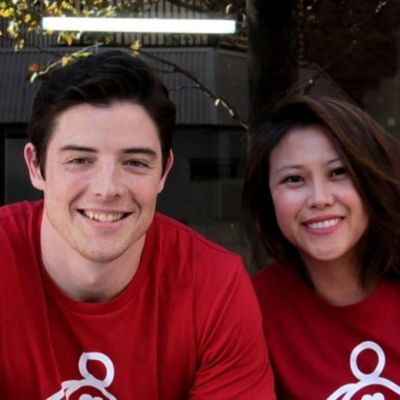
A third of home owners risk losing homes if sick: research
When south-west Sydney resident Natalie Curley found out she had breast cancer in May 2015 she went into a panic.
“I thought I was going to have to sell my home,” Ms Curley said.
She needed to stop working straight away to get treatment and because she had an investment property and assets, she wasn’t eligible for any government assistance.
“The pressure I felt about how it would affect us financially … I thought about that before I even dealt with the idea of having cancer,” she said.
She bought her Narellan Vale home seven years earlier and her sister was her mortgage broker. At that time, she took out mortgage protection on her home.
But she didn’t realise that the insurance policy included a pay out in the event of serious illness.
It meant she wasn’t out of pocket while she went through eight months of chemotherapy and eight weeks of radiation and was able to return to work part-time.
But a new survey found a third of Australians would have to sell their home – or another asset – if they were unable to work due to sickness or redundancy.
The research from mortgage insurer ALI Group found a further quarter would rely on family or friends, while half would survive on their partner’s income.
And while many are able to tap into superannuation cover, this may only be about $200,000, ALI Group chief executive Huy Truong said. In expensive property markets, many would need $500,000 to $1 million to cover their mortgages.
“Australia is one of the most under-insured countries in the world… Given [high property prices], any temporary or sustained loss of income due to employment or illness will leave buyers more exposed than if property prices were lower.” Mr Truong said.”
Life insurers have come under intense scrutiny after a recent parliamentary inquiry revealed allegations some companies avoided making payments to those with terminal illnesses, and some had waited years for their funds.
Home owners should look carefully at the terms and conditions to ensure they know what their policy covers and the costs associated with it, as well as the claims procedure.
Mortgage Choice chief executive John Flavell said having insurance for income was crucial regardless of whether someone had a home loan.
“It is an important consideration for anyone who relies on an income. It is especially suitable for self-employed people, small business owners or professionals whose business relies heavily on their ability to work,” Mr Flavell said.
“Australia is one of the most under-insured nations in the world … People don’t wish to think about ‘what if’ scenarios.
“If people don’t have insurance and something happens that means they can no longer afford their regular mortgage repayments, they may be required to sell their property.”
Michael Sloan, managing director of The Successful Investor, and his wife Laurel have both had cancer and know the importance of insurance all too well.
“Not everyone can afford all the right insurances they need, but many can yet they leave themselves under-insured.
“I have lost track of how many hard luck stories I have read about families lives being torn apart when the breadwinner became ill or had an accident,” he said.
“It might be a stroke, falling down stairs or cancer, one article after the other… The event while tragic would not have been the major trauma if they had the right insurances in place, yet that is never mentioned.”


